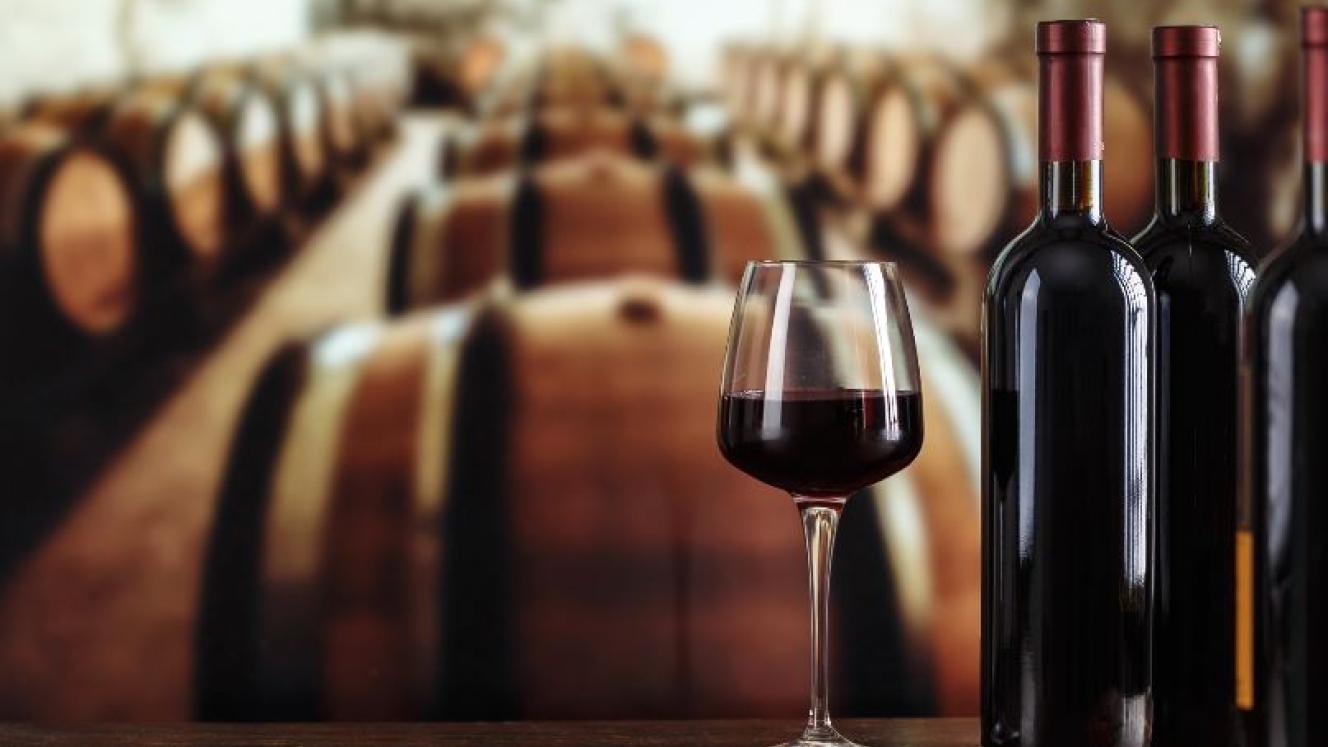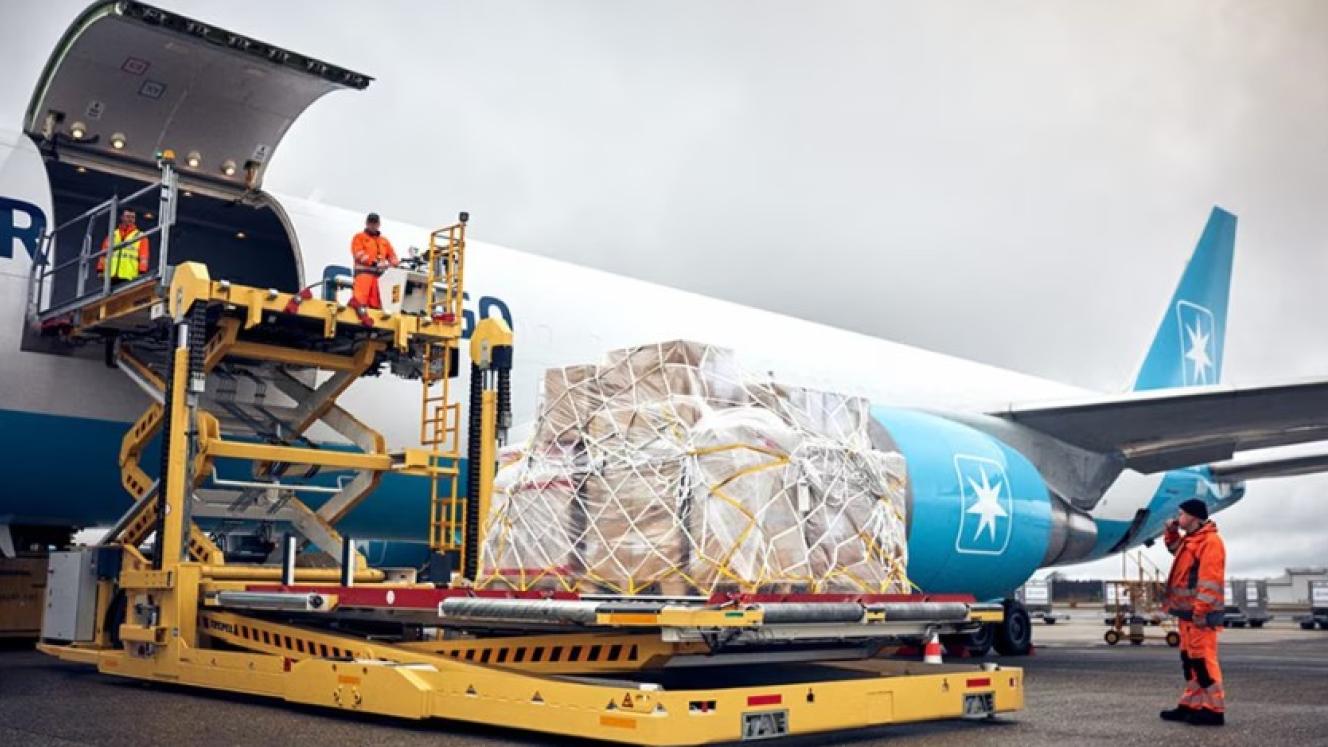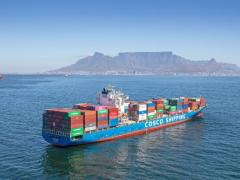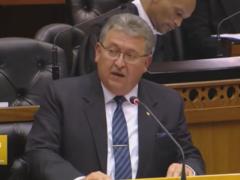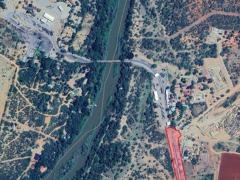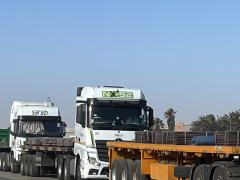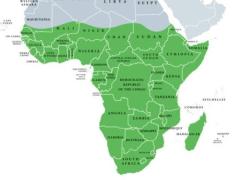An earlier concession for wine producers to complete agricultural work around the current harvesting season has been extended to include the production, bottling and outbound shipment of wine through South African ports.
It comes after a regulation was gazetted on Tuesday in which Transport Minister Fikile Mbalula published a full concession for the local viticultural industry.
The regulation signals an about-turn by government against Police Minister Bheki Cele’s Disaster Management Act (DMA) regulations prohibiting the transportation and sale of alcohol during South Africa’s 21-day coronavirus lockdown period.
The DMA regulatory amendment also makes reference to “any other fresh produce”.
It states that the transportation of wine through local sea ports and international airports will be allowed during the lockdown.
Wine producer body Vinpro and related concerns have since said that the full concession is a welcome change to the earlier conditional arrangement that prevented wine production and exports.
It is expected to significantly aid South African wine exports and the estimated R49 billion it contributes to local GDP.
Wine producers are not alone in having received the news with “considerable relief”, as one source put it.
On the whole the green light for continued foreign exchange generation through wine exports is good news for an economy that finds itself in deep recession, made worse by the effects of the lockdown.
Last year wine exports from South Africa dwindled by about 30%, substantially denting the industry’s annual contribution to GDP.
In a statement published by Fin24, Vinpro said: “"The South African wine industry is truly grateful to government and all the respective role players for showing an understanding for the industry's challenges through this concession. Nearly half of South Africa's wine production is exported and a restriction on exports would have a severe effect on wine-related businesses, but most importantly the livelihood of close to 300 000 people employed by the wine industry value-chain.”
Cele’s department is yet to respond to the news.
Stringent measures against the sale, carriage and consumption of alcohol during lockdown have come in for much criticism from open-society advocates and economic analysts, denouncing earlier statements by Cele that the “booze ban” should be extended beyond the lockdown period.
At this stage the general consensus is that such an extended lock down police-state measure will not only contravene civil liberties, but could come at a huge cost to the economy.
